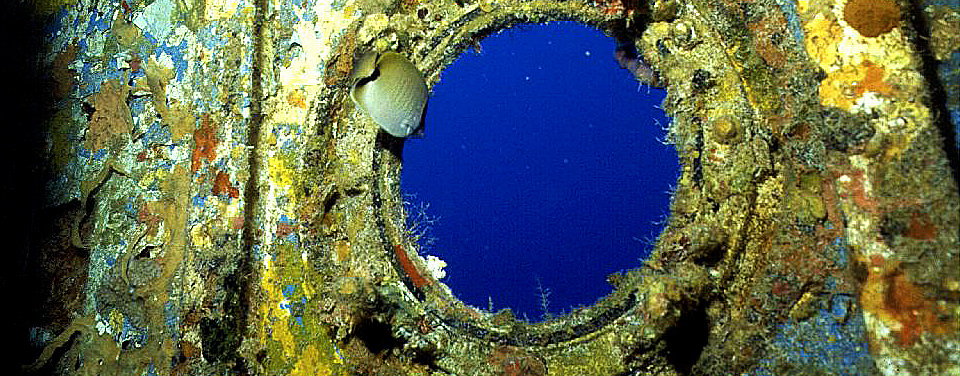As spoken about previously, coral reefs are in serious danger, from dangerous fishing practices, coral bleaching, and careless tourism. If not acted upon quickly, we are in danger of losing this diverse and phenomenal ecosystem forever, resulting in the displacement, if not extinction, or thousands of marine species. Luckily, there is a way to create ecosystems which parallel coral reefs, though there is not a way to replace the dying coral: artificial coral reefs.
As the ocean becomes less and less of a welcoming home for coral, and thereby the marine species surrounding coral reefs, measures must be taken to prevent the loss of hundreds, if not thousands, of marine species. Artificial reefs offer us this chance. Currently, artificial reefs are created in areas of featureless ocean, where coral wouldn't have the change to grow otherwise. Not only does it promote coral growth and marine life, but also serves as a ward against shoreline erosion.
There are both pros and cons to creating artificial reefs. On the pro side, these reefs encourage a wider range of bio-diversity in marine life. Artificial reefs are also highly resistant to erosion. Take the Thuderbolt. Sunk intentionally in 1989, this ship is now home to several species of coral and fish, as well as microscopic entities, and it is still holding together 27 years later.
Unfortunately, this durability comes at a steep price. Since anything can become an artificial reef, many are created from materials that, once they do eventually erode, emit toxins into the surrounding water, endangering the very marine life brought there by the reef. These reefs also bring large schools of fish to an area, which is a positive effect, but with the large groups of fish come fishermen, which makes it suddenly not so positive.
One of the most fantastic aspects of artificial reefs is that they can be made of anything, as long as its durable, though nontoxic materials are obvious the most desirable. As seen below, reefs have literally been made from anything.
There are currently hundreds of these reefs around the world. Some are just reefs, others serve as memorials. The lion reef depicted above, for example, is a memorial where, if a person wishes, they can have their ashes placed after death. Some do fear that artificial reefs will encourage ocean dumping under the guise of building reefs, but on the whole, artificial reef building is recreating environments we as humans have destroyed with pollution and overfishing.
And to finish off this post in the fashion I started the other one, here are some marine puns.
Lombardo, Crystal. Artificial Reefs: Pros and Cons. VisionLaunch. www.visionlaunch.com <http://visionlaunch.com/blog/2014/12/16/artificial-reefs-pros-and-cons/#>
Taylor, Alan. Artificial Reefs Around the World. The Atlantic. www.theatlantic.com <http://www.theatlantic.com/photo/2011/04/artificial-reefs-around-the-world/100042/>
Artificial Reef. Science Daily. www.sciencedaily.com <https://www.sciencedaily.com/terms/artificial_reef.htm>
What Is An Artificial Reef?. National Ocean Service. oceanservice.noaa.gov. <http://oceanservice.noaa.gov/facts/artificial-reef.html>

Love the VW bug reef! It's very natural for humans to contrive clever artifice and solve problems of their own making. That may be our greatest source of hope.
ReplyDeleteI am very hopeful for the artificial reef solution to the burgeoning issue of dying coral reefs. The problem of eventual toxic being released into the aquatic biosphere does concern me. However, i am confident someone will design a sustainable, toxin free base for artificial reefs in the future.
ReplyDelete